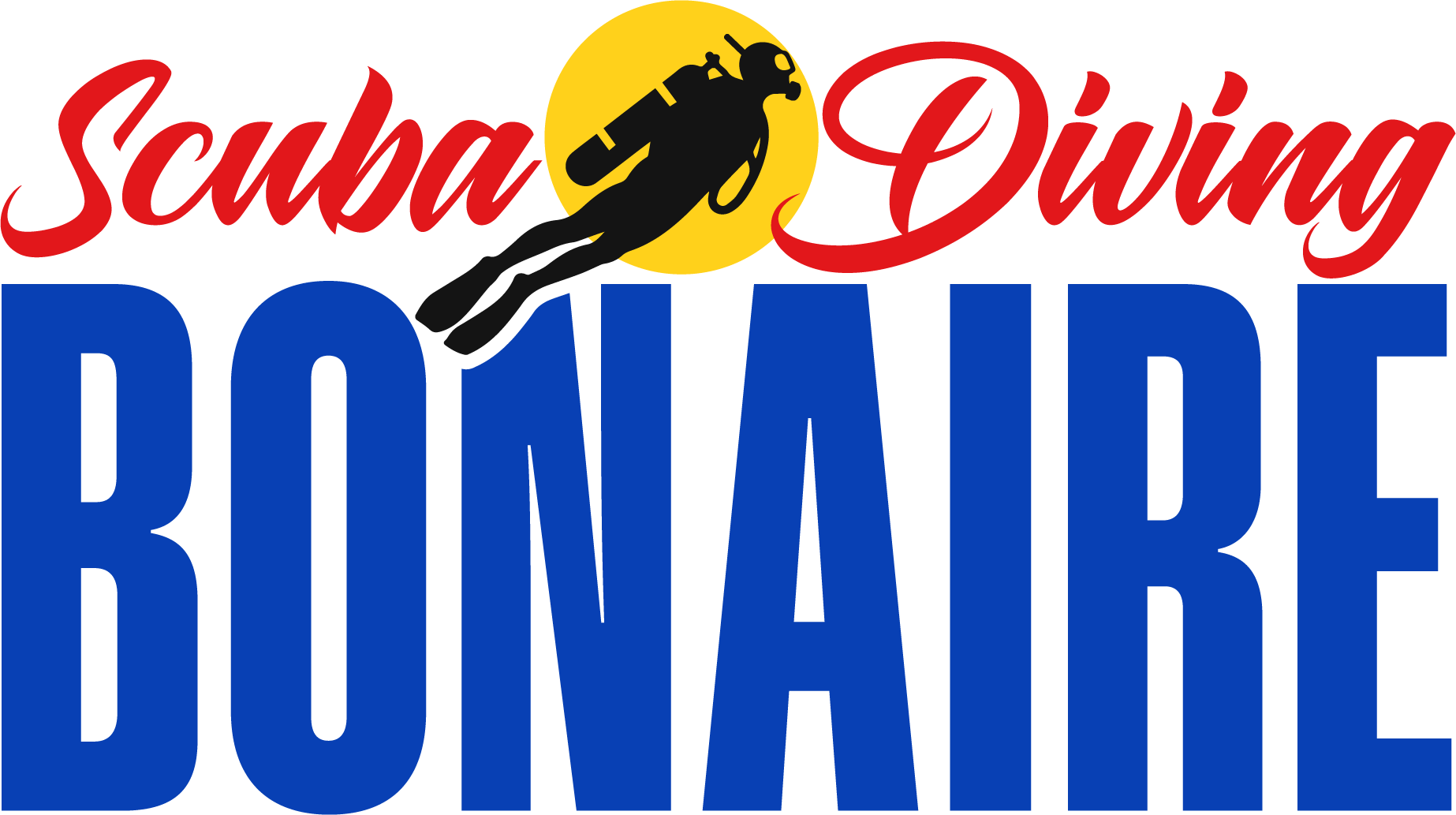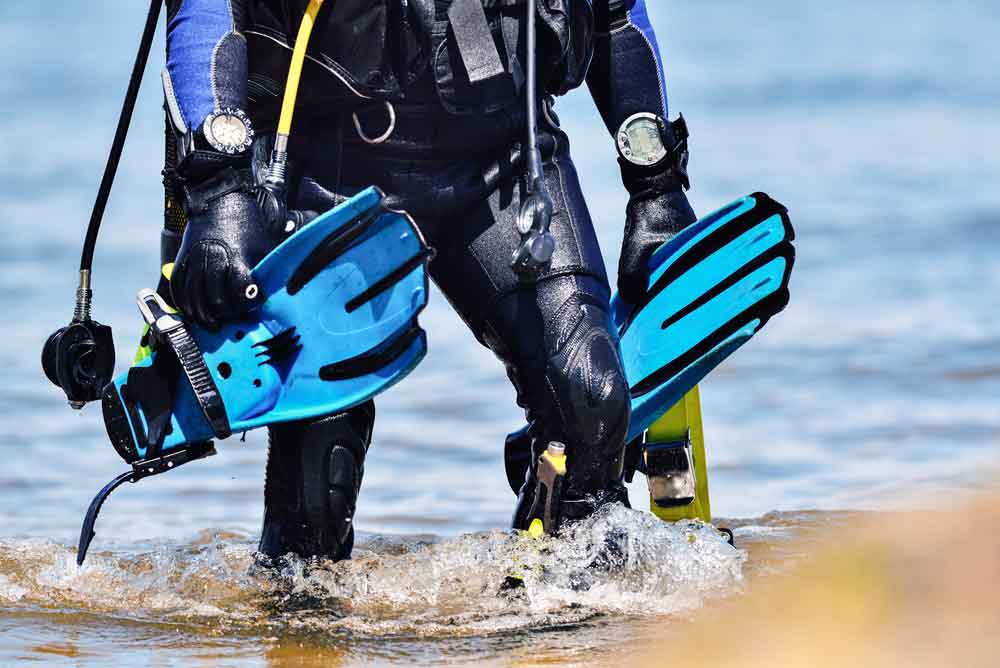Top Scuba Diving Gear for Every Dive: Essential Equipment for Bonaire and Beyond
Scuba Diving Bonaire offers guidance on the top scuba diving gear needed for safe, enjoyable dives in Bonaire and similar environments. This resource helps beginner, recreational, and professional divers select reliable, purpose-driven scuba gear. All recommendations are informational and do not replace certified training or professional advice.
Top Scuba Diving Gear for Beginners and Recreational Divers
Must-Have Basic Gear
Must-Have Basic Gear
These three pieces of gear are essential for comfort and functionality while diving. The mask creates a sealed air space in front of your eyes, allowing you to see underwater, which is critical for navigation and safety. The snorkel will enable you to breathe at the surface without wasting precious tank air—especially useful during surface swims or while waiting for the boat. Fins help you move efficiently through the water with less effort, enabling you to conserve energy and glide smoothly without disturbing the marine environment.
BCD (Buoyancy Control Device)
The BCD is a vital equipment that lets you control your buoyancy by inflating or deflating air as needed during a dive. It helps you maintain neutral buoyancy, key to reducing air consumption, protecting fragile underwater ecosystems, and moving effortlessly. Additionally, the BCD secures your tank in place and often includes integrated weight pockets and attachment points for accessories, making it a central hub for your gear setup.
Regulator and Octopus
Your regulator is your lifeline underwater, converting high-pressure air from your tank into ambient pressure so you can breathe comfortably. It includes a mouthpiece that delivers air on demand whenever you inhale. The octopus, or alternate air source, serves as a backup in emergencies and is designed to be easily accessible to you and your dive buddy. Its bright color and strategic placement ensure quick retrieval in an out-of-air situation.
Wetsuit or Dive Skin
A wetsuit provides essential thermal protection by trapping a thin layer of water between your body and the suit, which your body warms to keep you comfortable in cooler water. It also shields your skin from scrapes, stings, and sunburn. For warm-water dives, a dive skin offers a lightweight alternative, protecting you against UV rays and minor abrasions without the bulk of neoprene. Choosing the right exposure suit ensures your dives are safe and enjoyable, regardless of the water conditions.
Safety Equipment
- Dive Computer: A dive computer continuously monitors your depth, dive time, and no-decompression limits to help you avoid decompression sickness. It provides real-time data and alerts, making it a crucial tool for dive planning and safety during every dive.
- Surface Marker Buoy (SMB): An SMB is an inflatable buoy that you deploy to signal your location to boats and surface support while ascending or during safety stops. It enhances diver visibility and is especially important in areas with boat traffic or low surface visibility.
- Signaling Devices: Signaling devices include tools like underwater air horns, whistles, or strobes that allow you to get attention if needed. These audible or visual aids are essential for communication in emergencies or limited visibility.
Region-Specific Essentials: Top Scuba Diving Gear for Bonaire
Warm Water Gear
For warm-water diving, lightweight gear offers comfort without sacrificing protection. 3mm wetsuits or rash guards help prevent sunburn, stings, and mild thermal discomfort. Open-heel fins with booties are ideal for rocky shore entries, offering both protection and flexibility. UV clothing and microfiber towels provide quick-drying convenience and shield your skin from the sun between dives.
Reef-Safe and Conservation Tools
Reef-safe and conservation tools help divers enjoy the underwater world responsibly. Reef-safe sunscreen protects your skin while preventing harmful chemicals from damaging coral reefs. Eco-friendly anti-fog solutions keep your mask clear without introducing toxins into the water, and underwater slates allow for species identification and note-taking without disturbing marine life.
Professional-grade and Advanced Top Scuba Diving Gear
For more experienced divers, top scuba diving gear includes specialized equipment for deep dives, wreck exploration, and underwater photography.
Deep Dives and Wreck Diving Gear
Specialized gear enhances safety and navigation during deep dives and wreck exploration. Dive lights illuminate dark environments and reveal color and detail in low-light or enclosed spaces. Pony bottles are an independent backup air source in case of primary system failure. At the same time, wreck reels help divers maintain orientation and mark entry and exit points in complex or silty wreck structures.
Photography and Videography Equipment
Photography and videography equipment allow divers to document their underwater experiences while preserving image quality. Waterproof camera housings protect cameras from pressure and water damage, making it possible to shoot safely at depth. Mounts and tray systems provide stability for smoother footage, while filters and lighting correct color distortion and bring out the vivid details of marine life.
Travel-Friendly Scuba Diving Gear for Adventurers
Traveling divers need compact, lightweight equipment that’s easy to pack and carry.
Deep Dives and Wreck Diving Gear
Lightweight and compact gear is perfect for dive travel, offering convenience without compromising performance. Foldable BCDs are designed for easy packing and transport while maintaining essential buoyancy control. Travel fins and mesh bags take up minimal space and dry quickly, and multi-function dive tools combine several functions—like cutting, prying, or tightening gear—making them ideal for underwater use and travel needs.
Essentials for Travelers to Bonaire
Essentials for travelers to Bonaire help ensure a smooth and safe dive trip. Universal adapters are necessary to keep your electronics charged, especially since power outlets may differ from your home country. Travel insurance for divers provides crucial coverage for dive-related emergencies, medical evacuations, or trip cancellations. At the same time, compact first aid kits offer quick access to treatments for minor injuries, stings, or scrapes common in tropical environments.



